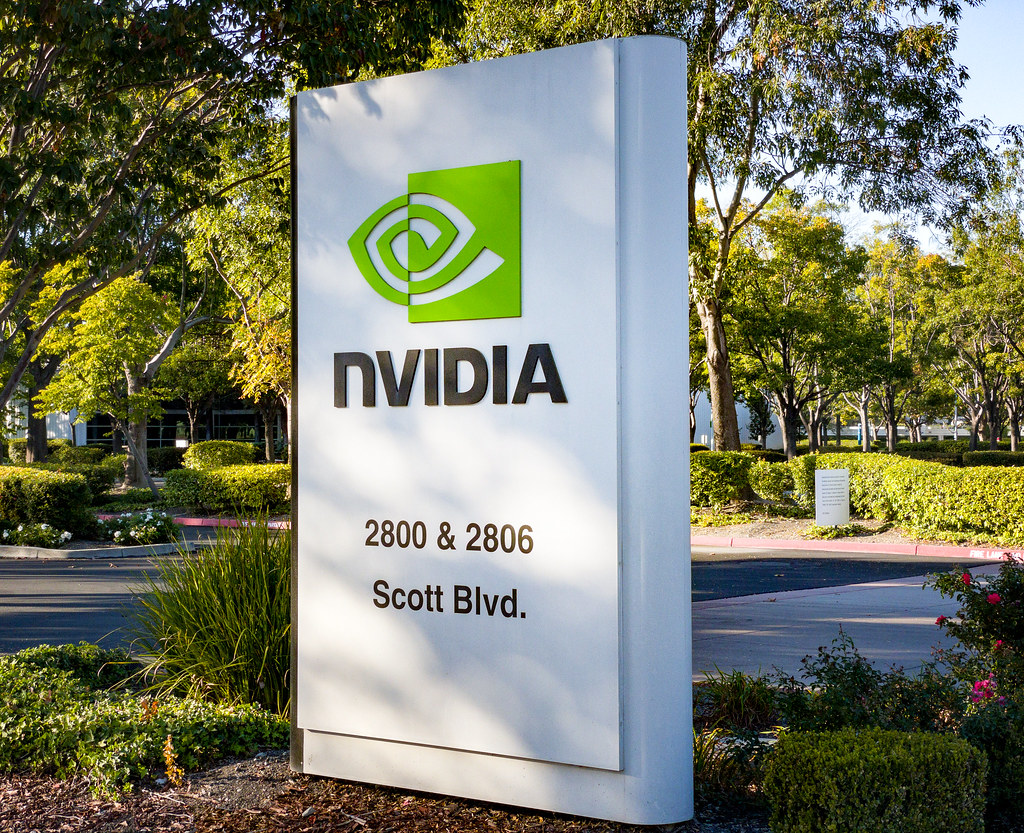
US President Donald Trump is contemplating imposing stricter controls on Nvidia’s sales of AI chips to China, particularly in response to the impacts of DeepSeek’s R1 model release.
Evolving Export Controls
A Bloomberg report, citing anonymous sources, indicated that the Trump administration is considering a ban on the export of Nvidia’s H20 AI processor to China. The H20 chip, a downgraded version of the H100 processor, was specifically designed for the Chinese market to adhere to the current US sanctions and regulations.
This potential move would be the fourth instance since 2022 where the US government has enforced tighter export restrictions on high-performance computing chips and semiconductors to China. Such measures could not only diminish Nvidia’s profitability but might also reduce the United States’ global market share in the AI industry.
Following the October 2022 prohibition on Nvidia H100 processors to China, Chinese companies increased their investments in domestic AI research using less advanced semiconductors and various AI chip configurations. The primary aim was to reduce dependency on a single source for AI chips and to decrease supply chain vulnerabilities.
Further Restrictions Under Biden
In June 2023, the Biden administration announced its intention to impose more severe restrictions on AI chip exports to China, which were implemented by the US Department of Commerce’s Bureau of Industry and Security in October 2023. These restrictions expanded to include previously compliant modified AI processing chips and related semiconductor hardware.
Despite these stringent controls, state-affiliated Chinese entities have found ways to circumvent US sanctions by accessing banned AI hardware via cloud computing platforms like Amazon Web Services. These entities utilized shell companies or intermediaries to indirectly harness cloud computing capabilities, bypassing direct procurement from Amazon.
Critics argue that these export controls compromise the competitiveness of US companies under the guise of national security, and are largely ineffective at preventing global access to advanced AI computing capabilities.
Author’s Opinion
The ongoing tightening of export controls on AI technology poses a delicate balance between national security and economic competitiveness. While intended to safeguard U.S. technological advances and security interests, these measures risk stifling innovation and market growth for leading U.S. firms like Nvidia. Moreover, the efficacy of such controls is questionable as targeted nations develop their capabilities or find alternative access routes. A more nuanced approach might be needed to protect national interests without hampering technological progress and global market leadership.
Featured image credit: Will Buckner via Flickr
Follow us for more breaking news on DMR
